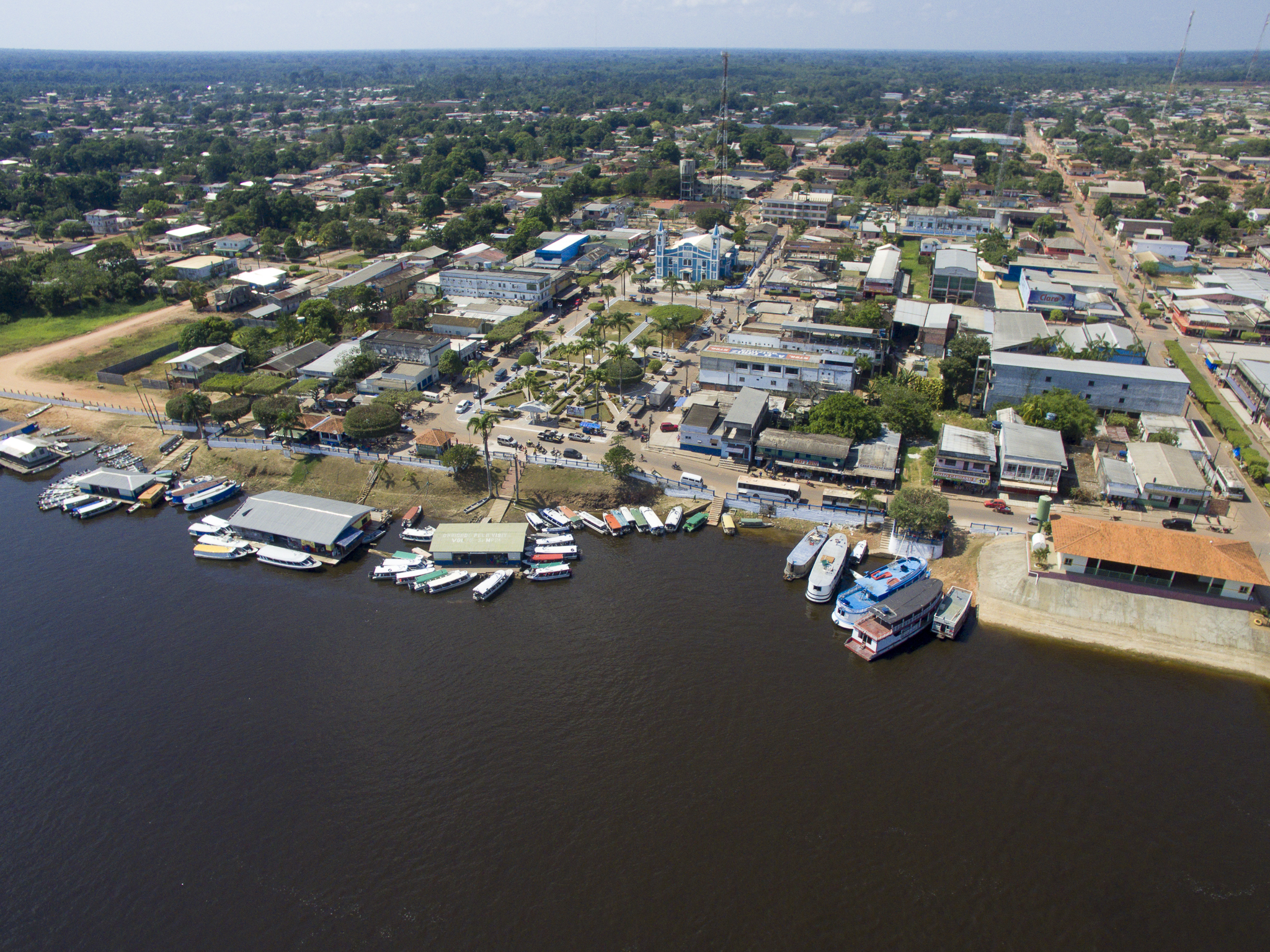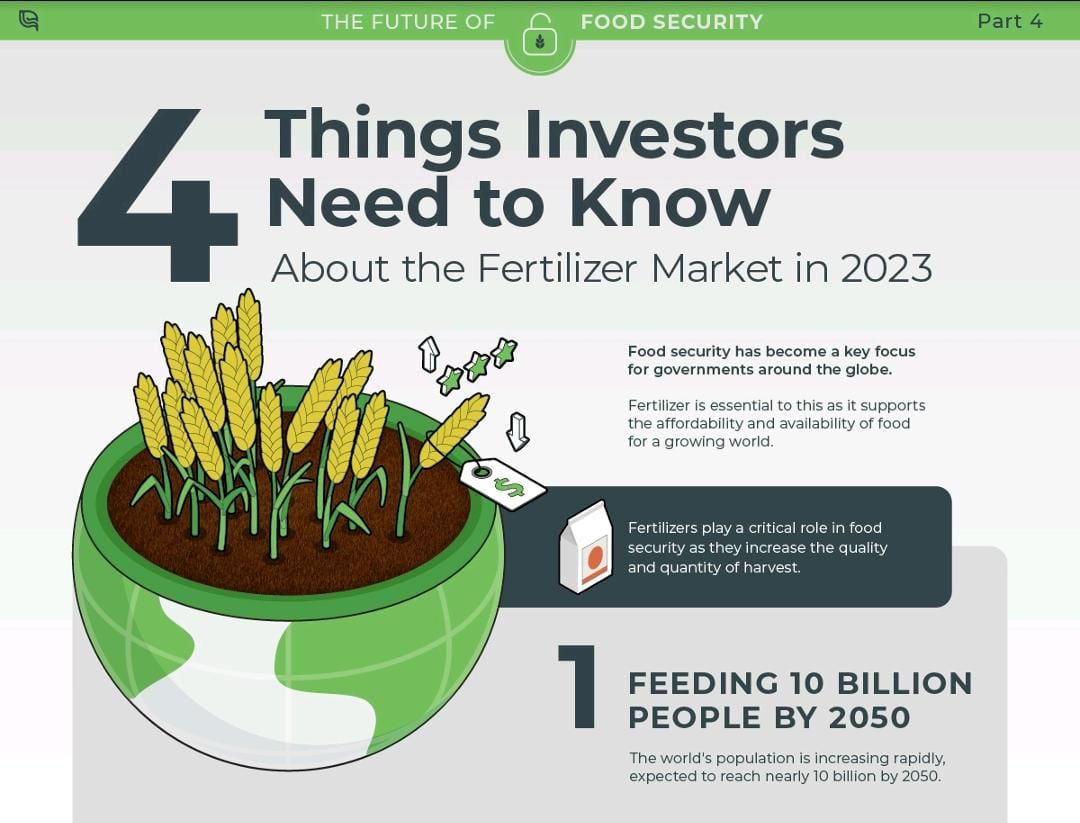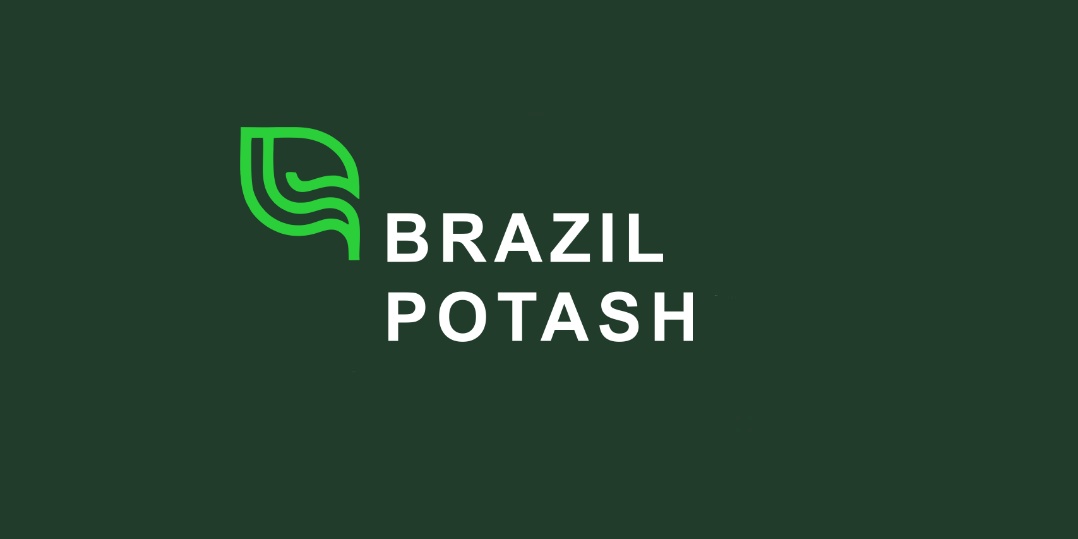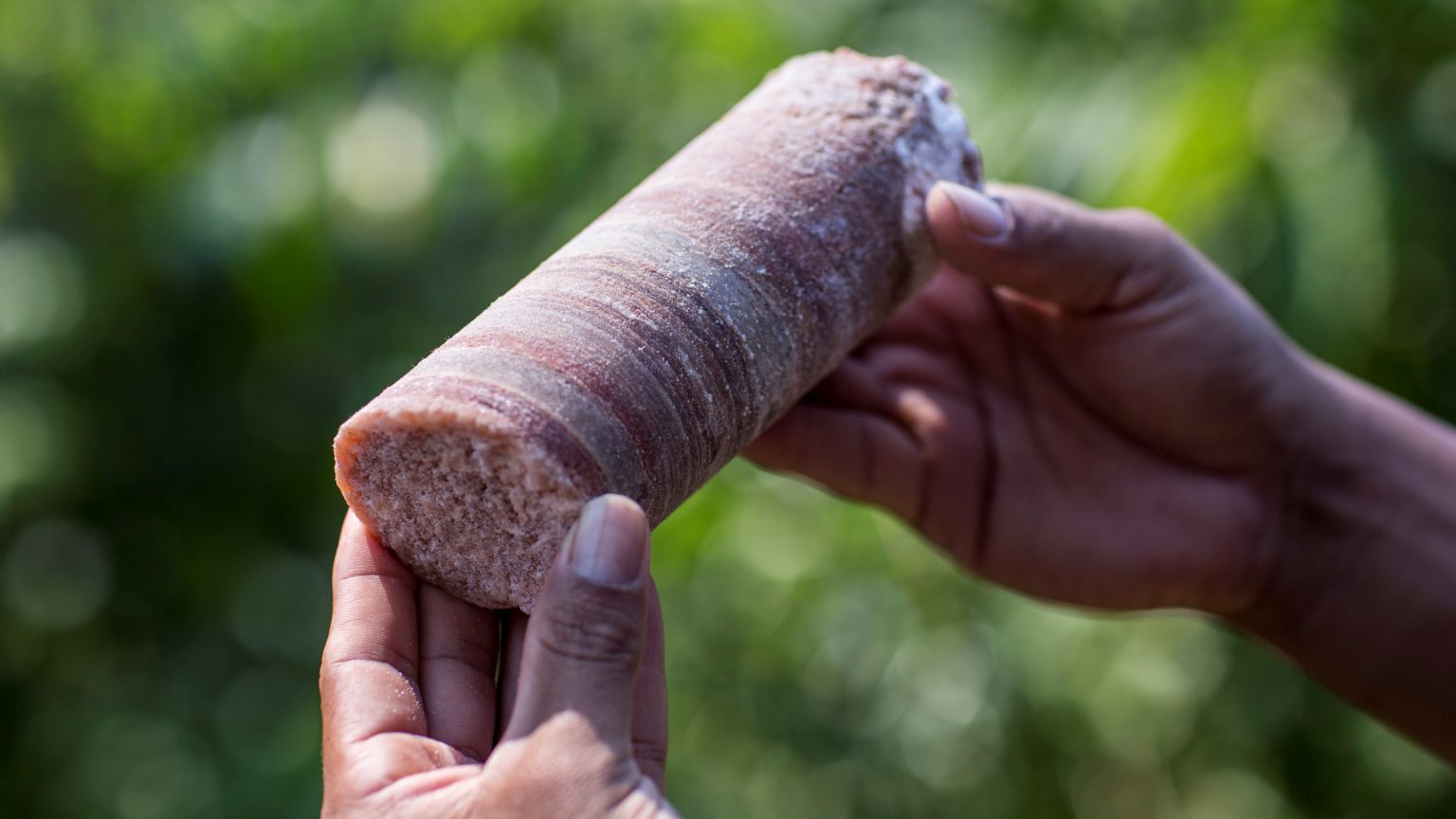AUTAZES, Brazil, Nov. 22, 2023 (GLOBE NEWSWIRE) — Brazil’s agricultural sector is of fundamental importance to global food security The sector is responsible for roughly 30% of Brazil’s GDP and unlike all other South American economies, has assured Brazil of a huge trade surplus, acknowledged recently by the IIF Chief Economist, Robin Brooks, when he said:
“Brazil’s massive trade surplus this year gets dismissed as an outlier event, but it isn’t. There’s been a gradual move towards bigger and bigger agricultural exports which power the trade surplus. This trade surplus isn’t an outlier. It’s a lasting transformation.”
This year alone, Brazil is expected to again exceed $100 Billion in agricultural exports. No other South American economy enjoys the strength of Brazil’s currency, high employment levels and generous foreign exchange reserves. Although Brazil has some unresolved economic issues, thanks to Brazilian farmers, the many companies in the sector, and the Brazilian government at the federal and state levels, Brazil has a solid foundation for wealth creation and equitable wealth distribution.
We are in a period of global instability that has affected not only food security but also access to, and the price of, critical commodities. In Brazil’s case, potash is not only strategic but possibly the most vulnerable. Brazil’s agricultural output depends upon fertilizers. Of these, potash is of the greatest strategic importance as it makes plants more resilient to the effects of drought, extreme temperatures and insect infestation. The potash export market is dominated by three producing countries, Canada, Russia and Belarus, who historically supply just over 80% of the market. No other global fertilizer market is controlled by such a small group of countries. The Russian invasion of Ukraine and the trade restrictions imposed on Russia and Belarus by the US, Europe and many others, led to a price increase of Potash from $250 a ton to more than $1,200 a ton. Brazilian farmers were faced not only with a massive increase in cost but with the possibility that potassium chloride shipments would stop. This led to a flurry of diplomatic activity to ensure the supply of potash not be impacted by trade restriction, resulting, in addition, to the unintended consequence of significant payments to Russia while it invaded Ukraine. With imports of nearly 14 million tons, if potash had remained at $1,200, Brazil would have paid over $16 billion. A tragic consequence considering Brazil sits on top of one of the world’s largest potash reserves.
Brazil imports 98% of its potash. The use has increased from roughly 10 kgs per hectare to over 100 kgs per hectare with the accompanying increase in agricultural yields per hectare. Like Canada, Russia and Belarus, Brazil has a world class size deposit of potash, the remnants of an ancient sea, roughly 850 meters below the surface of the Amazonas State. This deposit can be mined and processed, using the same technology as in Canada, to extract the ore (salt), separate out the potash and return the remaining material (sodium chloride tailings) underground. In fact, from an environmental perspective, this project has huge positive CO2 impacts considering that Canadian potash is shipped almost 20,000 km to reach Brazil’s large soybean farmers in Mato Grosso and, more important, it will be produced within green electric energy (Brazil has 84%+ renewable energy in its grid).
While the strategic benefits to Brazil and to global food security are clear, there are also substantial benefits to the Mura indigenous communities. It is ironic that Brazilian farmers pay royalties to indigenous communities not in Brazil but in Canada, through the Canadian mining companies operating near indigenous communities in Saskatchewan that produce the potash exported to Brazilian farmers. Canpotex, a Canadian company established by Canadian potash producers to export and sell potash recently celebrated selling over 50 million tons to Brazil. At an average price of roughly $350/mt, Brazil paid Canadian exporters $17.5 billion dollars for a product readily available in Brazil. Indigenous communities in Canada benefit in several ways, including royalty payments to improve community wellbeing, direct jobs and the supply of goods and services from indigenous owned companies. The Indigenous Mura Council (CIM) representing 36 tribes and over 12,000 indigenous people from the local region to the Autazes potash project (the “Project”) voted overwhelmingly in support of the Project following a free, prior, and informed consultation process that they established. The Project is not on a reserve, the product is critical for Brazil and its farmers, and the benefits can and should be shared with the residents of Autazes, local indigenous communities and the State of Amazonas while contributing meaningfully to global food security.
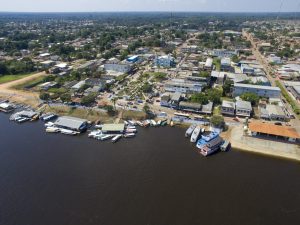
Content Produced by: Brazil Potash



